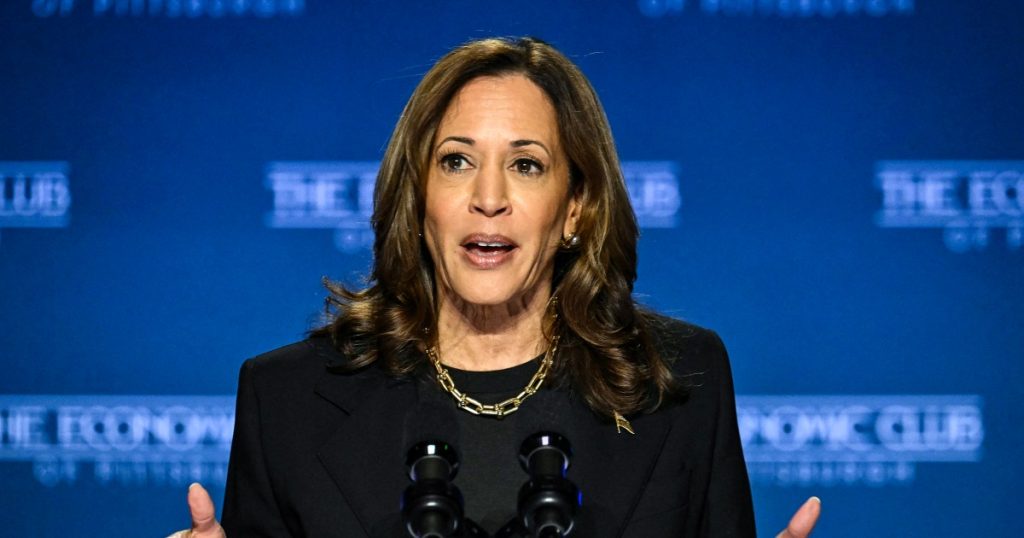In a recent economic speech in Pittsburgh, Kamala Harris outlined her “America Forward” agenda, which includes $100 billion in new investments in manufacturing. This plan will be funded by a portion of the proceeds from international tax reform. Harris also called for cutting red tape to promote building in the U.S. and endorsed the elimination of unnecessary college degree requirements for federal jobs. She emphasized her pragmatic approach and her belief in free and fair markets.
Harris positioned herself as a candidate for the middle class, contrasting herself with Donald Trump, whom she painted as a candidate for the billionaire class. Her speech focused on the economic impact of Trump’s policies and sought to neutralize his advantage on handling the economy and addressing the cost of living, which are top concerns for voters. Her campaign has made progress in narrowing the gap between her and Trump on economic issues, which could be crucial for undecided voters in battleground states like Pennsylvania.
The global economy’s inflation post-pandemic has been a challenge for Democrats, as Republicans have tried to blame them for rising prices due to the large spending bills passed by President Joe Biden. Harris has worked to distance herself from these critiques by focusing on relieving the pressure of high costs for the middle class. Trump, on the other hand, has emphasized his economic policies such as tax cuts and tariffs as solutions to Democratic woes, without offering specific plans to reduce costs.
Voters attending Harris’ speech in Pittsburgh expressed confusion over why some Americans view Trump as beneficial for the economy. Many pointed to his history of bankruptcies and anti-union stance as evidence that he is not good for the middle class. Harris proposed plans to expand the child tax credit, address housing, food, and prescription drug prices, and provide additional support for small businesses. She also pledged to invest in industrial strength to counter China’s economic power and boost job creation.
In her speech, Harris critiqued Trump’s record on manufacturing, highlighting increases in offshoring and job losses during his tenure. She promised to work with Congress and businesses to reform permitting processes and reduce red tape to create more job opportunities. Harris drew a sharp contrast between her policies and those of Trump, positioning herself as a pragmatic candidate invested in bolstering the middle class and promoting economic growth. The battle over economic issues is likely to play a significant role in the 2024 presidential election, particularly in battleground states like Pennsylvania.


